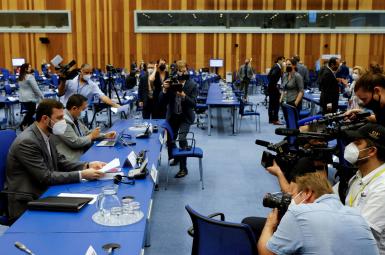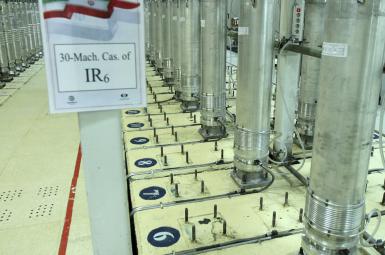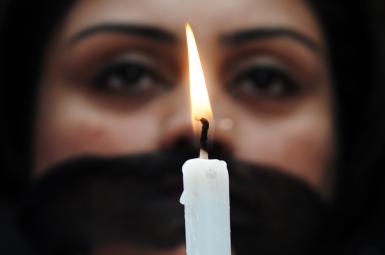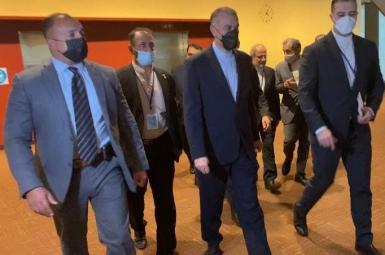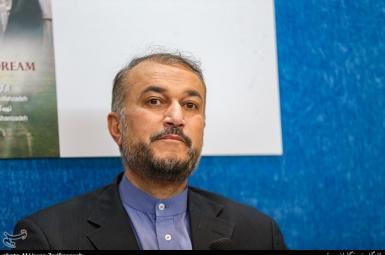
Former Diplomat Says Iran Has No Choice But To Return To Talks
Former Islamic Republic diplomat and official Nosratollah Tajik says Iran's attempt to delay and temporarily suspend negotiations on the revival of the 2015 nuclear deal (JCPOA) during the last weeks of the Rouhani administration was "a strategic mistake and a miscalculation."
Speaking in an interview with the Iranian Labor News Agency (ILNA) on Saturday, Tajik said that the new administration's only way out of the current foreign relations impasse is to return to the negotiations with the West. Iran and the United States risked eroding each other's goodwill and providing an opportunity for their enemies to sabotage the negotiations by prolonging the talks in Vienna, he insisted.
Tajik, who was a revolutionary student during the monarchy, became a government official after the 1979 revolution and later an advisor to the foreign ministry. Her served as ambassador to Jordan. Tajik was arrested in the United Kingdom in 2006 for trying to export night-vision weapons’ sights to Iran and the US requested his extradition. But in 2012 a British court rejected the request and Tajik returned to Iran.
After three months of multilateral talks in Vienna since April, the Iranian delegation returned to Tehran in June and in July, US diplomats said that the ball is in Iran’s court, and they should make crucial decisions. Later statement by Western and Iranian sources show that perhaps the most important issue is for Tehran to agree to negotiate over its missile program and regional role, something the Supreme Leader Ali Khamenei is opposed to.
According to Tajik, Raisi needs to build his government's policy on the JCPOA and on the legacy his predecessor has left for him after six rounds of indirect talks with the Americans. He said Iran's current economic situation makes the continuation of the talks with US and Europe an imperative for Raisi.
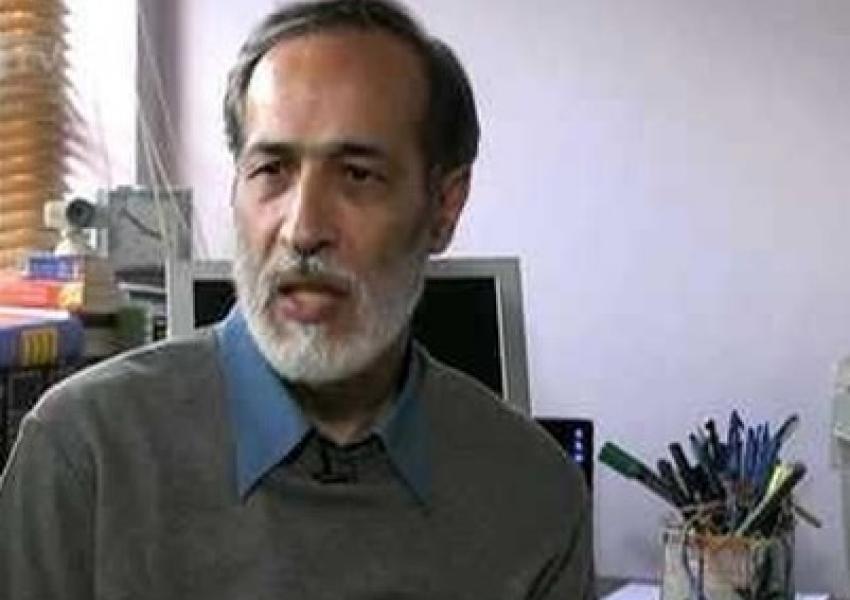
Unrelenting inflation, the inability to raise wages for workers, especially in key industries such as oil and gas, constant strikes and protests have substantially raised the stakes for the Islamic Republic. The only quick reprieve would be lifting the US sanctions.
However, Tajik ruled out a possible war, saying that the West does not need to go to war with Ian, adding that if the current impasse continues, Iran will be the scene of an implosion because of foreign pressures that would encourage low-income Iranians to stage a revolt against the government.
Tajik said that the Iranian government has already lost the middle class and is currently entangled in a bipolar conflict with the underprivileged people. If they begin to revolt, there will be no way out for the Islamic Republic, he said.
If Iran refuses to solve the impasse through mutual understanding, then the West will wait until Iranians lose their ability to resist economic pressures. This leaves only one solution for the Raisi administration and that is coming to terms with the US and Europe in the course of negotiations, Tajik said, adding that any other option will give Iran nothing more than what it can get through returning to the JCPOA.
Tajik further added that prolonging the process of returning to the JCPOA will provide further opportunities for its enemies to sabotage the process of mutual understanding. That would be the best situation to benefit Iran's Arab and Israeli enemies, said the former diplomat.
Meanwhile, he reiterated that the United States' conditions for including matters other than the nuclear issue in the talks are not justified and at the same time, Iran's demand for lifting all the sanctions against Tehran is not reasonable. Tajik said that at the time being Iran should stick to the idea of the JCPOA-related sanctions. There will be time later to resolve other issues.
Returning to the JCPOA will once again prove to the world that Iran is prepared to cooperate with the International community, Tajik said.
